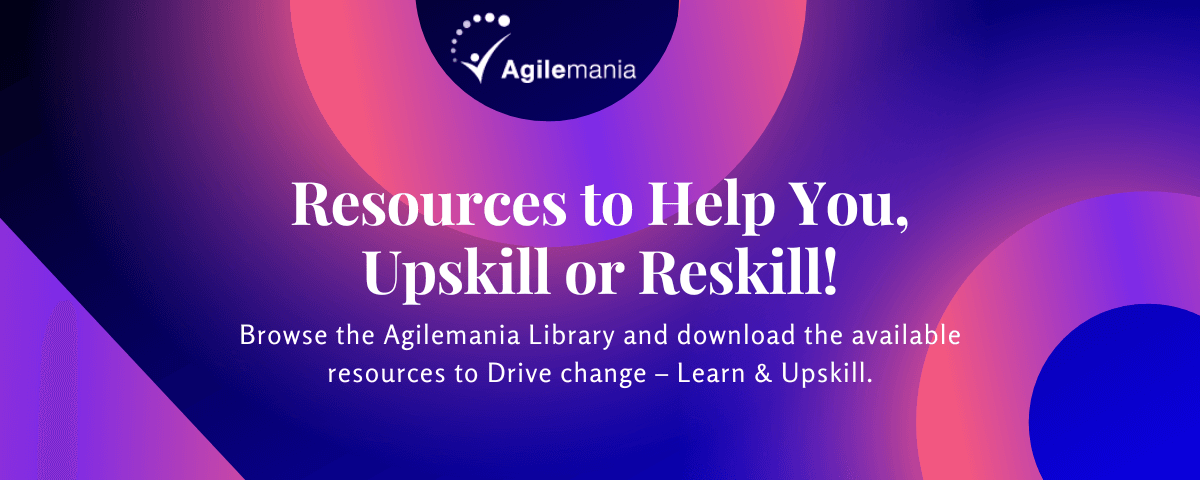
Jerry Rajamoney
He is one of the top 5 in the Agile community to have achieved the dual credential of Professional ... Read more

Jerry Rajamoney
He is one of the top 5 in the Agile community to have achieved the dual credential of Professional ... Read more

As a project manager, employing the right methodology can make a significant difference in the success of software project delivery. One such methodology that has gained popularity in recent years is Kanban.
With its visual framework and focus on workflow management, Kanban offers project managers a powerful tool for enhancing productivity, promoting collaboration, and delivering high-quality software.
In this blog post, we will explore how project managers can leverage Kanban for efficient project management and successful software delivery.
Implementing Kanban in a workflow offers several significant benefits. First and foremost, Kanban promotes visual transparency, helps identify bottlenecks and constraints, allowing for better resource allocation and smoother workflow. By limiting work in progress, Kanban enhances productivity and reduces multitasking, enabling teams to focus on delivering high-quality work efficiently. Moreover, the continuous improvement aspect of Kanban encourages teams to analyze and optimize their processes, leading to enhanced efficiency and customer satisfaction.
Let us have a look at them in brief to have a better understanding.
Kanban's visual board provides project teams with a clear and intuitive overview of the project's progress. By dividing the board into columns representing different stages of work, teams can easily identify what needs to be done, what is currently in progress, and what has already been completed. This visualization facilitates the identification of bottlenecks, dependencies, and areas requiring attention, ensuring a smooth and steady flow of work.
A key principle of Kanban is setting work-in-progress (WIP) limits for each column on the board. These limits prevent team members from taking on too many tasks simultaneously, which can lead to multitasking and reduced efficiency. By imposing WIP limits, the team focuses on completing current tasks before pulling in new ones, enabling them to deliver work in a more controlled and predictable manner.
Kanban promotes a pull-based system where team members can choose work items from the previous column based on their capacity and expertise. This approach encourages collaboration and flexibility, as team members can self-organize and select tasks they can contribute to effectively. It allows the team to adapt to changing priorities and work on the most valuable tasks at any given time, resulting in improved productivity and a stronger sense of ownership.
In contrast to traditional project management approaches, Kanban emphasizes the continuous delivery of small, valuable features or improvements. This iterative approach enables faster feedback loops, facilitating early detection of issues or potential changes in requirements. The shorter feedback cycles empower the team to incorporate feedback and adapt the project accordingly, leading to a higher-quality end product and increased customer satisfaction.
Kanban fosters a culture of continuous improvement within project teams. Regular meetings, such as daily stand-ups or Kanban cadences, provide opportunities for the team to reflect on their processes, identify areas of improvement, and make adjustments as needed. By encouraging feedback, retrospectives, and experimentation, Kanban empowers the team to optimize their workflow and increase efficiency over time, ensuring ongoing progress and growth.
Kanban encourages the use of metrics and data to drive decision-making and improve performance. By tracking key metrics such as lead time, cycle time, and throughput, project managers can gain valuable insights into the team's productivity, identify areas of improvement, and make informed decisions. These metrics help in setting realistic expectations, managing stakeholder communication, and optimizing project delivery for better outcomes.
Kanban aligns seamlessly with agile principles and customer-centric development. Its focus on adaptability, flexibility, and incremental value delivery supports iterative development and enables rapid responses to changing customer needs. By continuously delivering valuable features and gathering feedback, the team can ensure that the software meets customer expectations and achieves high levels of customer satisfaction.
In the world of software project management, Kanban offers project managers a comprehensive methodology for enhancing productivity, increasing transparency, and continuously improving project outcomes. By visualizing the workflow, limiting work-in-progress, promoting collaboration, enabling continuous delivery and feedback, embracing continuous improvement, employing data-driven decision-making, and adopting an agile and customer-centric approach, project managers can effectively.
He is one of the top 5 in the Agile community to have achieved the dual credential of Professional Coach (PCC) & Certified Enterprise Coach (CEC). A software technologist and an SME in Agile Software Development with 20+ years of experience, Jerry is passionate about building hyper-productive teams which help organizations in their quest for Agility and Digital Transformation in today’s VUCA world.
WhatsApp Us
We will get back to you soon!
For a detailed enquiry, please write to us at connect@agilemania.com



